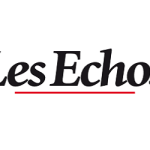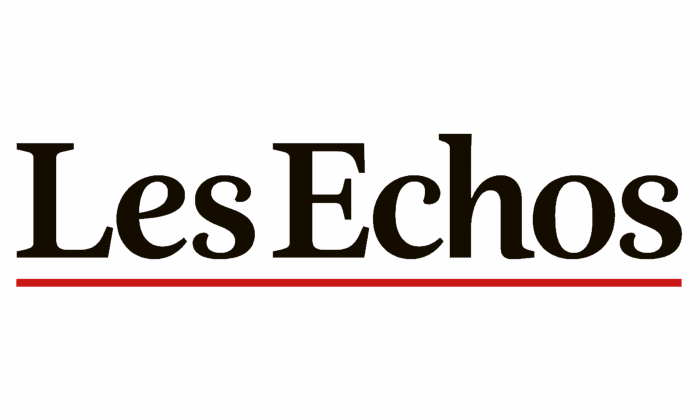Toward partenarial capitalism


Corporations are beginning to be redefined in France, and with it, governance is as well. Shareholders remain at the centre of governance. Proper compensation for risks requires acknowledging their essential role. The question is knowing how to better integrate the interests of the other stakeholders in the company alongside them.
For a long time, this question was not raised. At Wendel, Renault, Michelin, etc. shareholders and board members were the same people, and often families. The original family capitalism did not have problems with governance by construction. But, to help them grow, companies opened up their capital, and through the stock market, offered shareholders the ability to sell their shares for liquid assets. The shareholder base became disparate, and its power over board members became diluted.
In the post-war era, managerial capitalism became the most prevalent practice. Board members were emancipated from shareholders and controlled the company on the basis of their “technical” knowledge. This created a technocracy. The interests of the two parties were no longer aligned. Board members sought corporate growth and continuity, inserting employees into organisational pyramids. But this configuration did not always lead to the best efficiency or profitability, creating conglomerates that were often heavy and lacking in agility, which too often neglected shareholder interests.
In the 1980s, alongside financial globalisation, shareholders reminded board members of their existence and of the priority of maximising wealth. This change translated into the creation of committees (audit, compensation and appointment, strategy, etc.) and the development of incentive mechanisms (bonuses, stock options, etc.), to align the interests of the board members with those of the shareholders. A whole series of indicators was imposed (return on equity, distribution rate, etc.), in the same way the doctrine of value creation was developed. And if results were not achieved, shareholders allowed “raids” that organised offensive power takeovers to optimise value, sometimes by cutting out previously established groups. In parallel, these various compensation tools based on the growth of corporate value promoted innovation by allowing “start-ups” to recruit talent that shared in the company’s risks when salaries alone were not enough to tempt them.
But shareholder capitalism rapidly reached its limits. Because expected financial yields seemed guaranteed, speculation often outweighed reasonable gambles. To meet minimum short-term profitability standards (15%, regardless of the activity sector and risk-free interest rate, in the 1990s and 2000s), many companies bought back their shares to strengthen their securities and/or increase their leverage ratio. Board member income experienced growth that was difficult to justify. In 1965, the average income of a CEO of a major American group was 44 times that of a worker. In 2000, it was 300 times the lowest salaries. Even more serious, in the face of expected yields that were disconnected from reality, we saw the appearance of unethical creative accounting: Enron, WorldCom, Parmalat and others even more recently. In some respects, subprimes and their consequences stem from the same phenomenon.
The crises of 2000-2003 and 2007-2009 resulted directly or indirectly from this, along with their shares of very significant economic and social costs.
Hence the need to address a new age in governance, that of true partenarial capitalism that is able to put the company’s clients, employees, and the environment, in particular, back alongside shareholders, in a model better adapted to ongoing commercial, behavioural, ethical, managerial, and technological revolutions.
Shareholders must always hold a central place as principals for board members. This is because, in theory, they assume the risk without any certainty of future yield. The practice has made shareholders partly protected against negative changes in the business context by partially spreading the risk to other corporate stakeholders: to employees, for whom variability of compensation or employment has increased; and to sub-contractors, whose margins for negotiation with their ordering customers have significantly weakened. Sometimes clients are also balancing items, through the lower product safety or accelerated obsolescence imposed on them. The climate is also affected by corporate choices.
Therefore, it must be possible to take better consideration of these stakeholders within a balanced governance framework, as they also share in the company’s risk, and because over the long term a company is responsible to all of them. Regulatory methods that help achieve the best compromises among them must guarantee sustainable and profitable development for the company.
For this reason, by the fact that their clients are owners and elected members of the boards of administration, by their decentralised model that strengthens close relationships not only with the clients they serve, but also with the territories in which they operate in symbiosis, and lastly by the attention and role they give to employees without sacrificing any of efficiency, cooperative or mutual banks represent an interesting possible form for redefining the company with expanded governance. It is up to them to take advantage of new technologies that would help further strengthen the validity of their model and modernity.
It is up to each type of company, listed, private, or cooperative, large or small, to reinvent the definition of the company and its governance, to make it a real partenarial organisation. The future of our open economies and democratic societies also depends upon this.